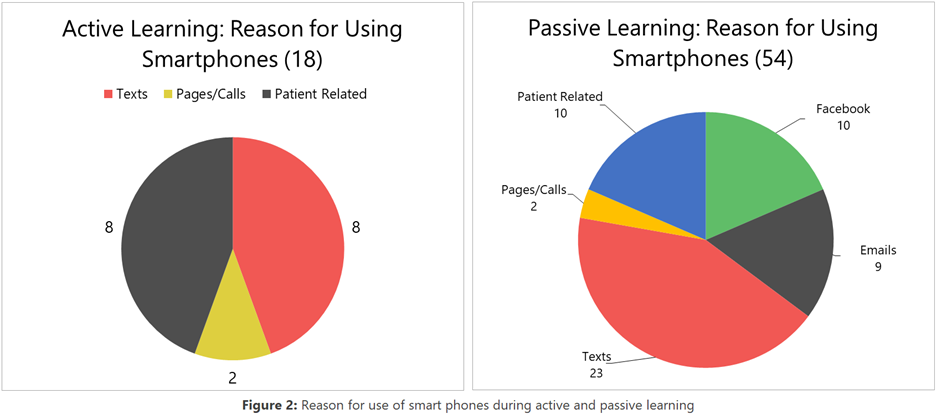Session Information
Date: Sunday, November 5, 2017
Title: Education Poster
Session Type: ACR Poster Session A
Session Time: 9:00AM-11:00AM
Background/Purpose: The resident-run internal medicine clinic at our community hospital caters to an inner city population. Lower back pain and knee pain are among the top 5 presenting complains. We have a heterogeneous group of residents who graduated from medical school from different parts of the world, who vary in experience of practicing medicine before residency, many of whom were exposed to a minimal or unstructured musculoskeletal (MSK) curriculum in medical school affecting their confidence in performing MSK exam. Our objectives were to improve resident knowledge, skills and engage a heterogeneous group of residents in an active learning classroom activity designed to improve MSK exam skills.
Methods: We designed a MSK workshop incorporated into our mandatory ambulatory curriculum. There were 2 sessions (upper & lower extremity), 2 hours each, that all 58 residents completed. Based on a flipped classroom design, pre-classwork was assigned including review articles and short videos. Classwork comprised of case discussions and peer led MSK skill demonstration and practice sessions. A pretest multiple choice questions was conducted 5 weeks prior to the first session, a post test immediately after and another after 6 months. Pre and post surveys measured levels of confidence and engagement in this active learning experience compared to passive learning. T-test and Chi was used to analyze data.
Results: Residents did better on posttest compared to pretest (p<0.0001). PGY3 sustained their scores even after 6 months. Mean increase in scores were higher for PGY 1 compared to seniors (p<0.0081). Self-reported confidence in MSK exam increased across the board (p<0.004). Those who practiced medicine before joining residency and those who demonstrated MSK skills to their peers sustained this confidence even after 6 months. Use of smart phone during this active workshop compared to traditional classroom passive teaching is shown in Figure 1 & 2, which was used as a marker of resident engagement.
Conclusion: The data suggests that a flipped classroom based MSK curriculum improves medical knowledge and skills of performing a MSK exam in a heterogeneous group of Internal Medicine residents. Moreover, it was successful in capturing attention of residents in a digital age. The reason that PGY 3 did better on knowledge component after 6 months may be attributed to their preparation for boards. Compared to similar endeavors in the past, we had a 100% retention rate because our sessions were mandatory. We hope to enhance our curriculum by embedding standardized patients and observed structured clinical assessments.
To cite this abstract in AMA style:
Kiwalkar S, Olorunfemi O. Teaching Musculoskeletal Examination to Internal Medicine Residents in Digital Age [abstract]. Arthritis Rheumatol. 2017; 69 (suppl 10). https://acrabstracts.org/abstract/teaching-musculoskeletal-examination-to-internal-medicine-residents-in-digital-age/. Accessed .« Back to 2017 ACR/ARHP Annual Meeting
ACR Meeting Abstracts - https://acrabstracts.org/abstract/teaching-musculoskeletal-examination-to-internal-medicine-residents-in-digital-age/


